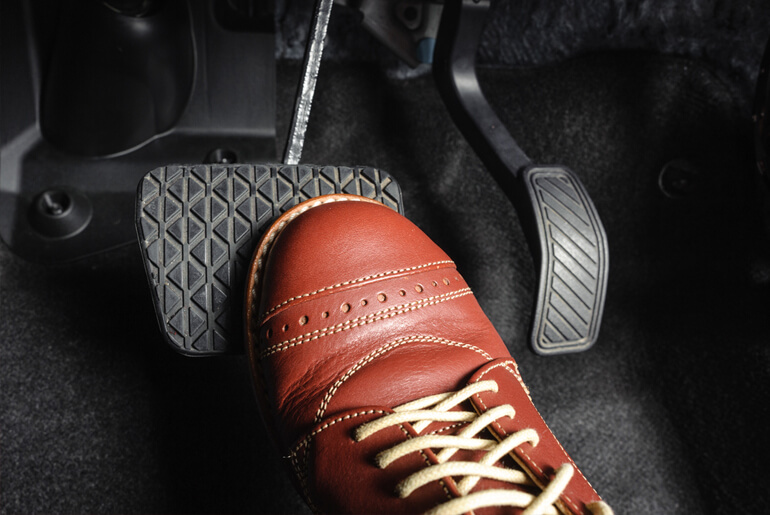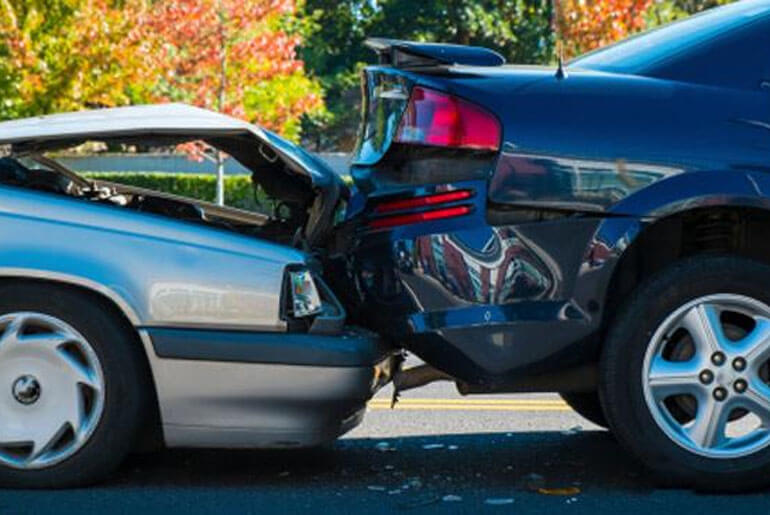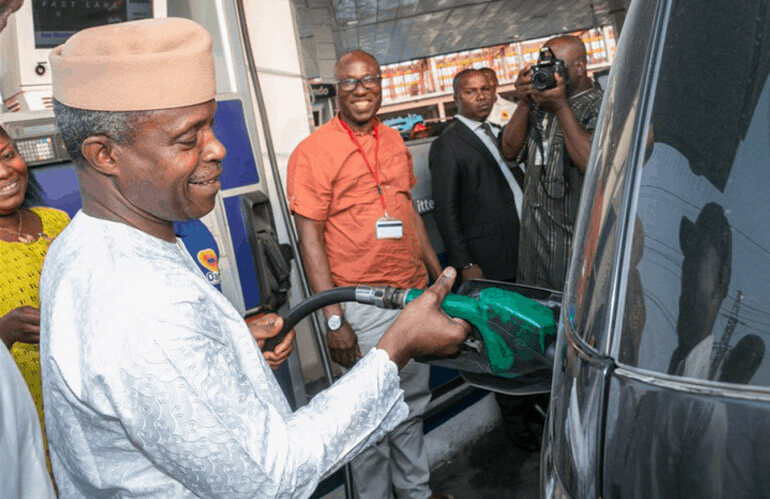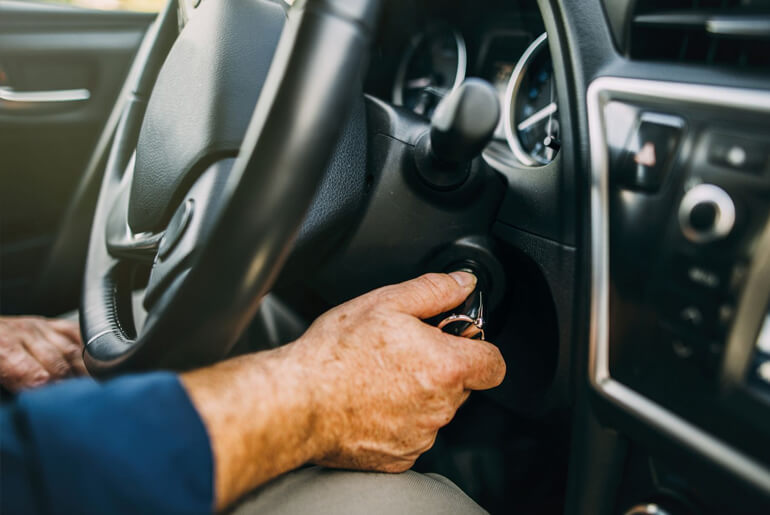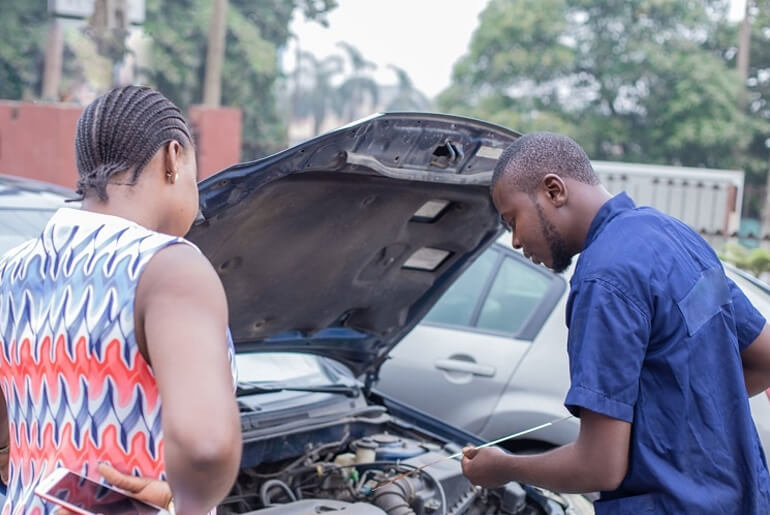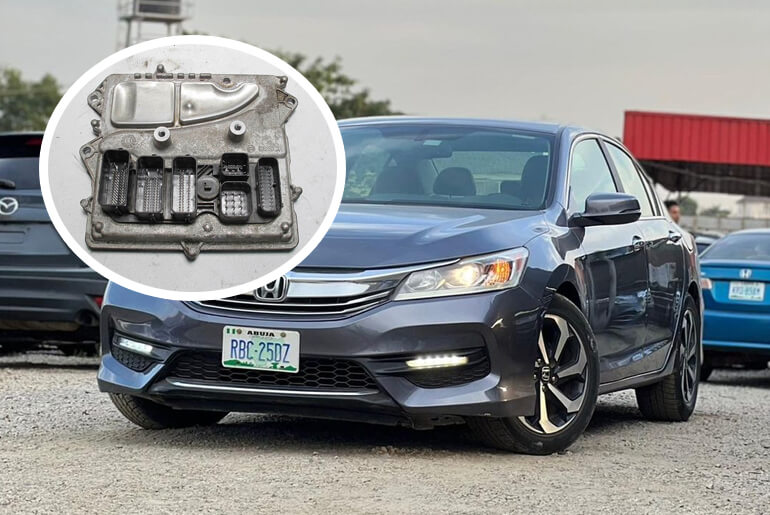Driving can be dangerous, but it’s easy to overlook that when your car is running smoothly. Nevertheless, a critical component can go bad in a matter of seconds. Suddenly, you are completely focused on your car. The worst thing that can happen to a driver is to hit the brake pedal and then discover that it isn’t working.
Table of Contents
Let’s discuss some strategies for reacting coolly when your brakes fail and stopping your moving vehicle safely. When your brakes fail, what to do (and what not to do).
Why do cars fail brakes?
There are several reasons why a car’s brakes can fail, including:
- Worn Brake Pads: Over time, the brake pads can wear down, reducing their ability to grip the rotors and slow down the car.
- Brake Fluid Leaks: The brake system relies on hydraulic pressure to function properly. If there is a leak in the brake fluid, it can reduce the pressure and cause the brakes to fail.
- Malfunctioning Master Cylinder: The master cylinder is responsible for sending hydraulic pressure to the brake callipers. If it fails, the brakes may not work properly.
- Faulty Brake Lines: Brake lines can become damaged or corroded over time, which can lead to leaks and a loss of hydraulic pressure.
- Sticking Calipers: The callipers are responsible for squeezing the brake pads against the rotors. If they become stuck, the brake pads won’t be able to grip the rotors, and the car won’t slow down properly.
- Warped Rotors: Overheating or prolonged use can cause the brake rotors to warp, which can cause the car to vibrate or shake when braking, reducing the effectiveness of the brakes.
Regular maintenance and inspections of the brake system can help prevent brake failure and ensure the safety of the vehicle. If you suspect that your car’s brakes are not working properly, it’s important to have them inspected by a qualified mechanic as soon as possible.
How to Respond If Your Brakes Fail
- Take your foot off the gas pedal.
You should start slowing down as soon as you become aware that your brakes are not working.
- Turn on the hazard lights if you have the opportunity.
Turn on the hazard lights and sound the horn to alert other cars if you still have control of your car and the route is largely clear. They may not fully comprehend what is happening, but they will be warned not to approach you when you come to a halt.
- Begin shifting down.
Turn off the cruise control if you are using it. shift down gradually. A lower gear will enable you to lose any momentum.
- Use the brakes firmly and quickly.
Nowadays, the majority of cars have dual braking systems that let the front and rear brakes operate separately. Some brakes may engage with just a pump of the brake pedal, assisting you in coming to a halt. But if the entire system has failed, this will be of no use.
- Be careful when using the emergency brake.
You won’t come to a complete stop right away, but the car will slow down a lot. Make sure you carefully apply the emergency brake to maintain complete control of the vehicle.
- Drive to the side of the road while using the emergency brake.
If necessary, you could decide to use the guard rails or a road barrier to scrape the side of your car in order to slow down. Even though it will be a relief when your car stops completely, you should try to avoid putting yourself and other drivers in unnecessary danger by pulling over in the middle of the road.
What Not to Do If Your Brakes Fail
You must maintain as much composure as you can in order to properly stop your car in an emergency, even though this is easier said than done. Observe the following advice:
- Not to worry! The most crucial thing is to remain composed and avoid panic.
When you initially understand your situation, it’s critical to breathe deeply and maintain your composure. You will be as safe as you can be, as will everyone else around you. Avoid any impulsive actions that could put your life and the lives of others in immediate danger.
- Do not turn off your car
This may seem like a reasonable response, but it is not a smart idea. You’ll have less control over the situation as a result, and it may also cause skidding, lock your steering wheel, or deactivate the power steering. For safety, you will need to veer the car off to the side of the road. So that you have some control, keep the car running.
- Fast downshifting
Despite downshifting, you should descend from fourth to first gear gradually. If you instantly downshift, you run the risk of skidding out of control. When bringing the car to a stop, keep in mind that you want to maintain control of it as much as you can.
- Avoid using the emergency brake too soon
The emergency brake should only be used after downshifting and pumping the brake pedal. Applying the emergency brake is a crucial step. The urge to use the emergency brake right away when you learn your brakes aren’t working could be strong. Yet, doing so could result in you losing control of your car and causing it to skid dangerously.
Although a brake failure, while you are moving down the road, is less common than a flat tire, it is always a good idea to be prepared in case something catastrophic happens. You don’t want to find yourself unprepared while travelling on a crowded roadway.
Whenever your brakes fail, keep your composure and adhere to the following guidelines.
Although driving in a broken-down car can be stressful, it’s crucial to maintain composure and follow the appropriate procedures to protect both you and your passengers. Brake failure is one of the most frequent auto problems and can happen for a number of reasons. You may be able to prevent an accident or other risky circumstance by being aware of what to do (and not do) when this occurs.
Have 1 million naira and above to Buy or Sell Cars In Nigeria? Check carlots.ng
All rights reserved. Reproduction, publication, broadcasting, rewriting, or redistribution of this material and other digital content on carmart.ng is strictly prohibited without prior express written permission from Carmart Nigeria - Contact: [email protected]

